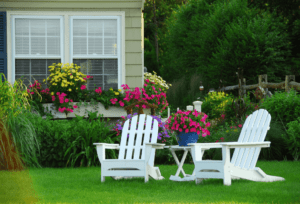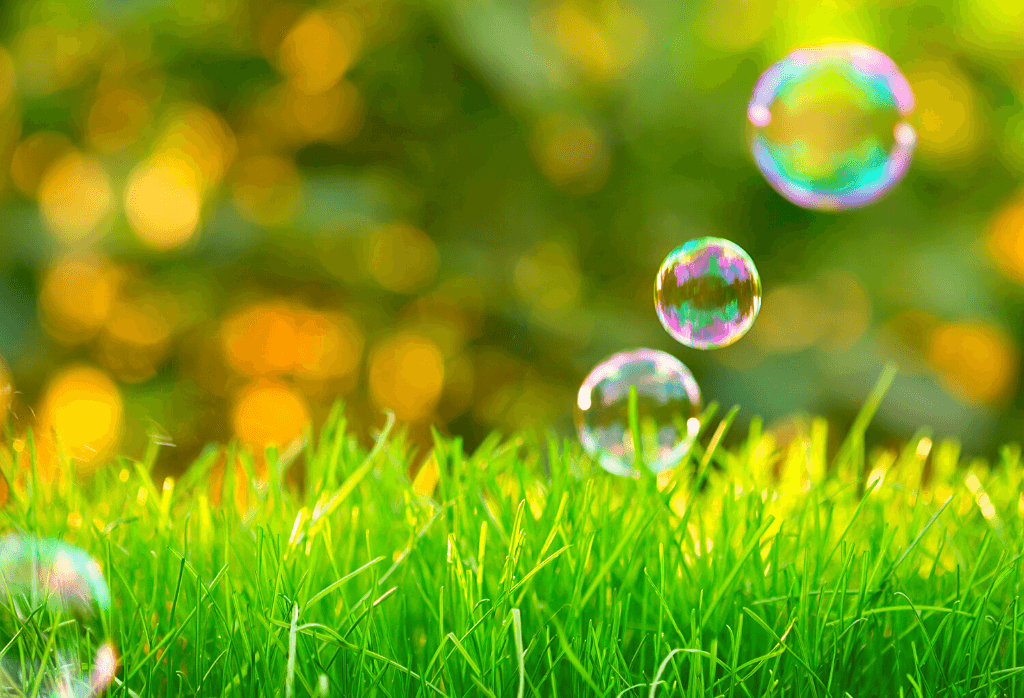Don’t Give Up On Your Bermuda Lawn: Success Is Just Around The Corner
This time of year, as we enter into the middle part of the spring, we at ExperiGreen begin to field questions from customers wondering why their lawns are brown and not growing yet. This happens even while their neighbors’ lawns are green and have been growing for weeks (they likely have a Tall Fescue lawn). In some cases, customers may even cancel the service. Most of the time this is from new customers who have had a couple of services but are not seeing their lawn “greening up” yet. In nearly all cases these customers have Bermuda grass lawns.



Bermuda grass is a warm season grass that originated in the hot, dry climate of the Middle East and has since been introduced into warmer, hotter areas of the planet. In the United States Bermuda grass is confined to the southern states where it will thrive, but it also goes dormant and brown starting in the fall and all through winter. It is a drought tolerant, aggressive grass when growing under the right conditions. These conditions include full sun, adequate drainage and a low mowing height of less than 2 inches.

As a warm-season grass, Bermuda will go dormant when temperatures drop below 59 degrees consistently. In our area, this means Bermuda grass will be brown and dormant during the late fall, winter and the first half of the spring. Only when temperatures reach 75 degrees and higher on a consistent basis will Bermuda grass begin to “green up” and grow aggressively, this is right around the corner.
Please be patient with your Bermuda grass and your ExperiGreen program. Your program will get you the best lawn possible over the course of the whole growing season, but it can’t change its lifecycle. Rest assured that the applications that have been done to date; a pre-emergent treatment(s) to prevent Crabgrass and elimination of broadleaf weeds have been done to set up your lawn for a great summer.
Once your Bermuda grass begins to “green up” over the next few weeks your program will include professional fertilizers that will feed your Bermuda grass to “green up” and aggressively spread out over thin areas. As always, if you have any questions about your service please do not hesitate to call your local office, we are always happy to help.
Join Our Free Lawn Care Newsletter
Stay Up to Date With The Latest News & Updates
* We don’t share your info with anyone ever.




